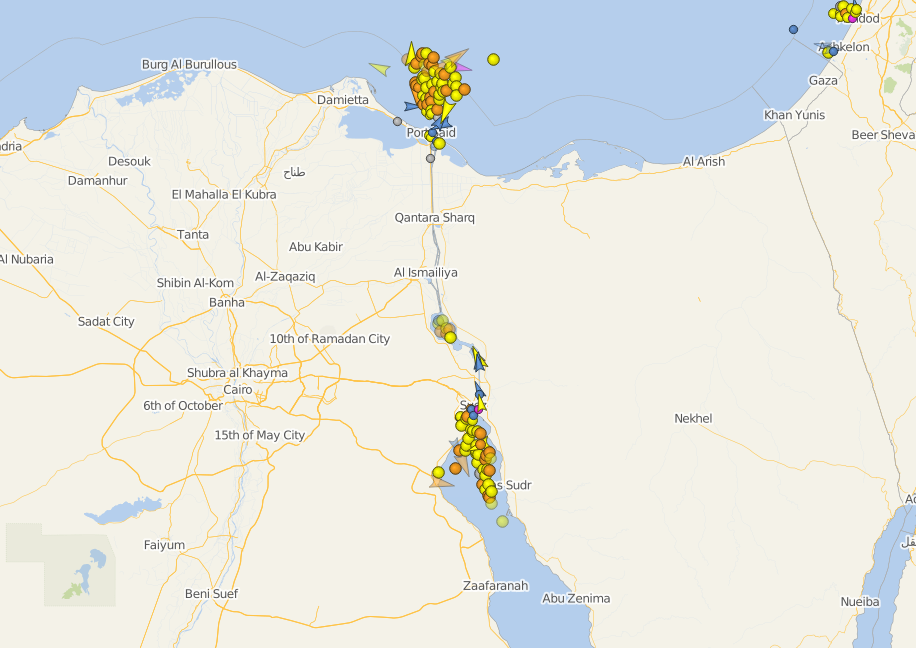Suez containership freed but supply chain delays to continue
29 / 03 / 2021

The huge containership that has been blocking the Suez Canal for more than a week has now been freed.
The vessel, which blocked the shipping artery for more than a week, has been towed to a lake further along the canal where it will undergo checks.
As many as 370 vessels were waiting to pass along the canal before the vessel was freed, with an estimated $9.6bn worth of goods being held up each day.
And the incident could have an ongoing impact on the already strained container shipping sector for weeks and months to come.














